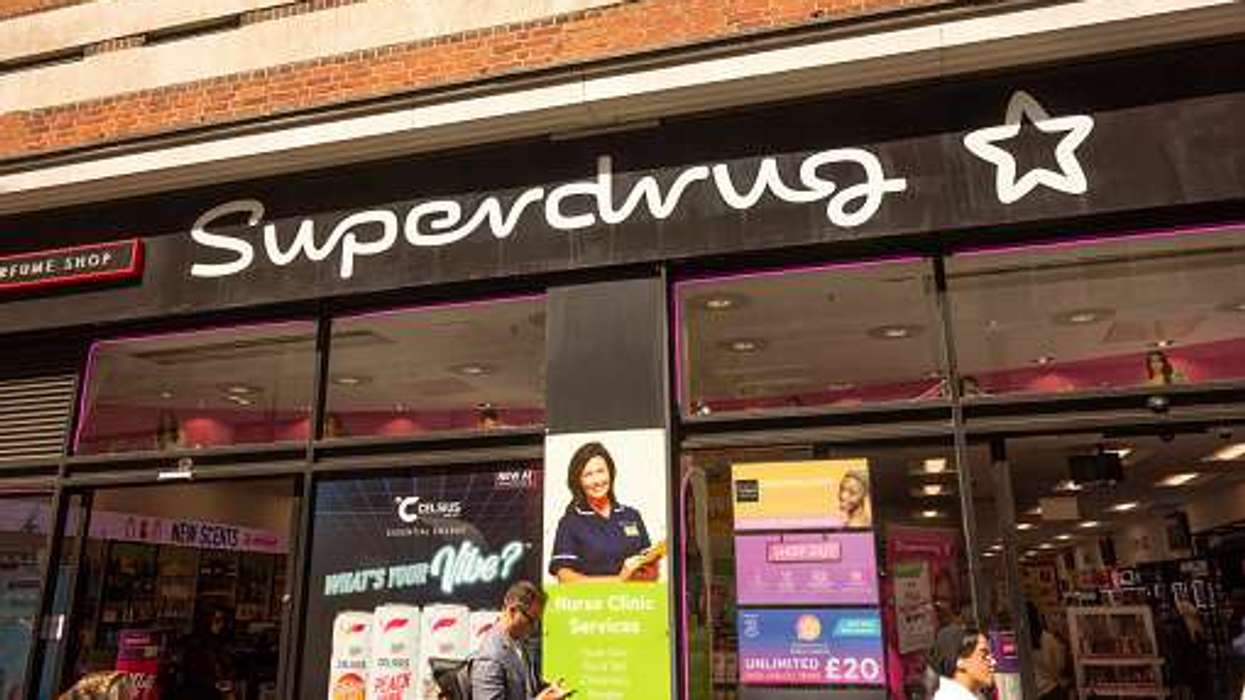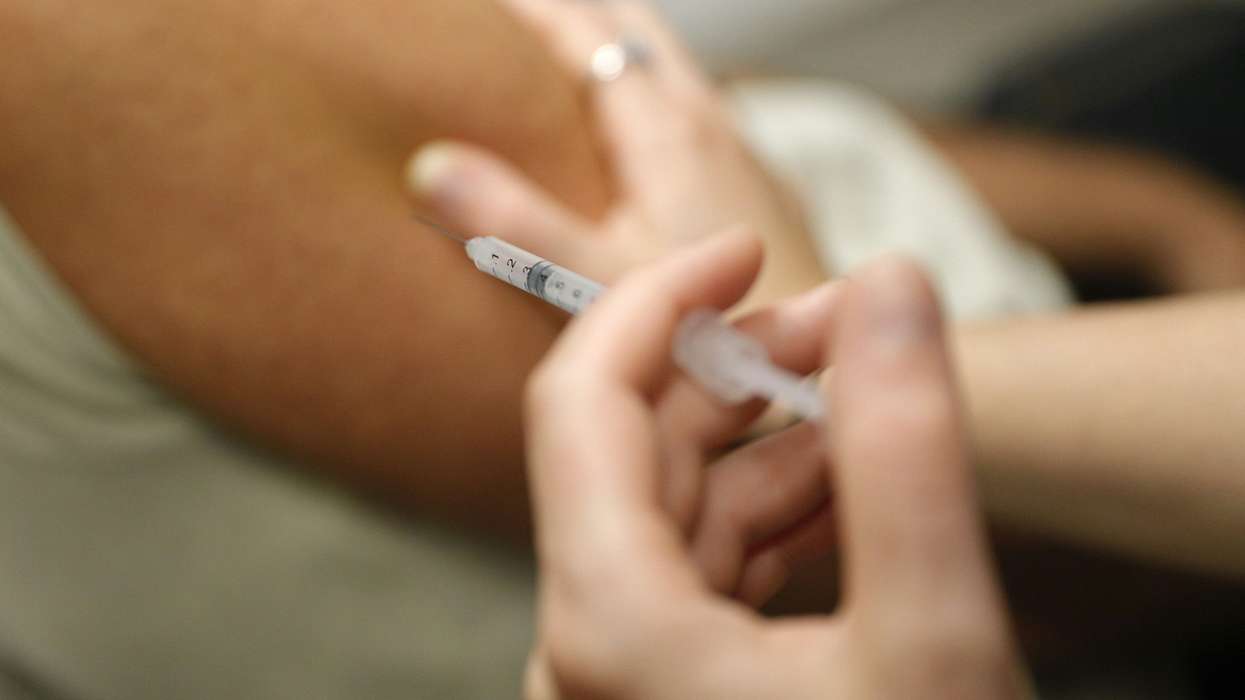Medicines UK has urged the government to tap the opportunity to save £1 billion over five years by rapidly taking up new biosimilar drugs that have or shortly will be available in the UK market.
In its submission to the Autumn Budget 2025, the trade body pointed out that this would create space for new innovations, "so it is a win for both generic and innovative parts of the pharmaceutical sector."
In his foreword, Medicines UK CEO Mark Samuels stated that the UK’s international reputation for life sciences has taken a hit in recent years, and this needs to be addressed.
He is, however, hopeful that the implementation of Life Sciences Sector Plan, published in July 2025, will help restore the UK’s international competitiveness and unlock sector-led growth.
"We are already in active dialogue with government advisers to bring key recommendations to life – and we urge policymakers to maintain momentum and double down on delivery."
In its submission, Medicines UK has outlined some areas that need to be considered as part of the chancellor’s forthcoming Autumn Budget.
It pointed out that by delivering targeted reforms across five priority areas - VPAG, community pharmacy, biosimilars, EPR packaging, and free-trade agreements - the UK government can repair the reputational damage and attract greater life sciences investment.
This will ensure that taxpayer funds are directed towards NHS medicines that improve outcomes and ease system pressures.
The Autumn Budget is an opportunity to turn this around, and in doing so, capitalise on up to £10 billion of potential NHS savings from medicines losing patent protection between 2026 and 2030.
For example, from March 2024 to April 2025, the NHS spent £333 million on a patented medicine called dapagliflozin (brand name Forxiga in the EU), the most costly drug in NHS primary care.
Generic companies successfully challenged the patent in August 2025. With generics on the market and NICE recommending wider usage following the price drop, NHS England predicts patient demand to rise by 230 percent from September 2026.
"This increased patient access looks likely to be achieved for just one third of what the NHS spent in 2024/25 when the product was under patent."
Medicines UK stated that any official government confirmation of a stepped rise in NHS medicines spending to apply to all medicines, not just innovative ones.
It said the average cost of a generic medicine used to treat a patient for a month is currently less than £3, nearly half of which is paid to wholesalers and pharmacies.
Off-patent antibiotics are now 10 percent cheaper than they were in 2020.
Generics also account for less than 30 percent of the UK’s medicines spend while also improving patient access to vital treatments.
To implement the government's plans to step up preventative care, be that smoking, diabetes, heart failure or weight loss, off-patent medicines would play a crucial role.
The government should make it clear that it will fund the dispensing of NHS medicines through a financially sustainable community pharmacy agreement from April 2026.
It pointed out that the community pharmacy is struggling to remain financially viable and cited the collapse of Lloyds Pharmacy and the closure of smaller entities.
"As prices cannot just continue to go down, this will eventually break a system of medicines pricing and reimbursement that each year drives generic competition, saving the NHS £20 billion."
In the short to medium term, it means that more patients will be unable to get their treatments from their local pharmacy despite an adequate supply existing.
This risks exacerbating public perception that NHS medicine shortages are on the rise, when the market is comparatively well supplied.
"We are working with the DHSC to look at ways to spread the reimbursement margin so that it goes further and makes it more profitable for pharmacies to dispense more medicines."
Medicines UK has expressed support to DEFRA’s overall sustainability agenda and said it favours digitalising all patient information leaflets as it can significantly reduce costs, increase efficiency, and support sustainability goals.
It pointed out that in the recent free-trade agreements with key trading partners, medicine supply should feature prominently in future discussions.
This can not only create economic growth but also support future supply resilience.
Citing the example of India, it said the Autumn Budget 2025 should reiterate the UK government’s priority to quickly build on the trade deal signed with that country.
India supplies a third of all NHS medicines, mainly generic and biosimilar drugs.












